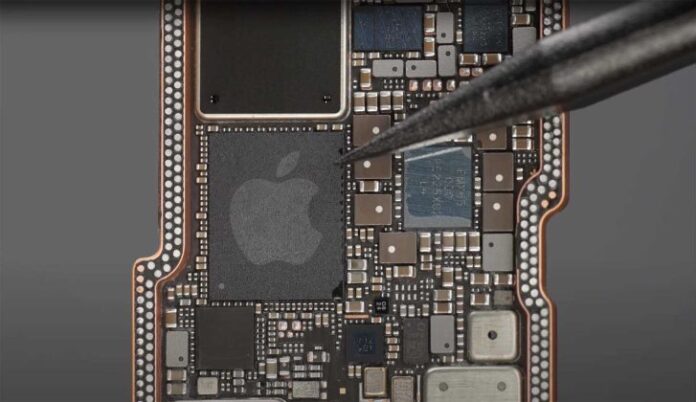
The 5G modem agreement between Apple and Qualcomm was said to expire this year, but according to the latest report, the two companies have extended their partnership for three additional years. It is likely that the California-based firm was running into problems with its in-house modem, forcing it to re-ally with Qualcomm, all the while paying a premium for those baseband chips.
Apple was said to debut its in-house 5G modem in 2025, but with the new agreement, Qualcomm’s chips will be found in the iPhone 18 lineup too
Development woes with Apple’s in-house 5G modem have been in multiple reports previously and though Bloomberg does not talk in-depth about the hurdles that the iPhone maker is running into, the inking of a new deal with Qualcomm is evidence enough that the custom solution will not be ready next year. Whispers have claimed that even the iPhone 16 lineup launching in 2024 would feature Qualcomm’s 5G modems.
While it is not mentioned how much Apple will be paying the chipset manufacturer as part of the new deal, the partnership will definitely be eating into each iPhone’s profit margins, and that is because Qualcomm’s business practices have been highlighted in various reports. It is said that the upcoming Snapdragon 8 Gen 3 will be more expensive than the Snapdragon 8 Gen 2, an SoC that was estimated to cost $160 apiece, which only means that the company will receive a nice payday establishing a new partnership with Apple.
This deal may also threaten the launch of the new iPhone SE, as Apple was banking on its in-house 5G modem to free up some margins for the upcoming model. With Qualcomm’s future chips, that might not be a possibility, so either Apple will have to indefinitely postpone its low-cost model’s launch, or make significantly less with each unit sold. However, even if the freshly signed partnership has been extended to 2026, there is still a chance that Apple will introduce an in-house 5G modem, but only limited quantities may be used.
In short, it may take years to remove dependency from Qualcomm completely, but Apple is still thinking long-term. According to a previous report, the California-based giant has plans to integrate its in-house 5G modem, Bluetooth, and Wi-Fi in a single package, saving space while also conserving power. From the looks of it, that plan will take years to reach fruition, but it is still impressive to see how far a company can go to become self-sufficient.
WccftechContinue reading/original-link]




